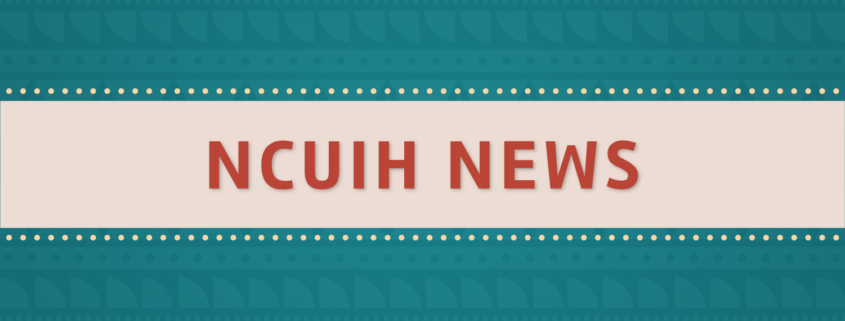Hope for Life Day (September 9, 2019) Toolkit
Background
On June 30, 2015, the National Council of Urban Indian Health (NCUIH), in partnership with the Action Alliance’s AI/AN Task Force, put forward a resolution at the National Congress of American Indians (NCAI) Mid-Year Conference in St. Paul, Minnesota. The resolution, “Creating an Annual National American Indian and Alaska Native Hope for Life Day (Suicide Prevention Awareness Day),” was the outcome of a one-year collaborative effort by task force members.
To help advance the Action Alliance’s priority to change the public conversation about suicide, the AI/AN Task Force developed National American Indian/Alaska Native Hope for Life Day, which coincides with World Suicide Prevention Day on September 10. They also developed the National Hope for Life Day Toolkit to help community leaders, grassroots organizers, and health care professionals working in AI/AN communities implement a community-wide Hope for Life Day.
The purpose of the resolution was to request a U.S. presidential proclamation that a National AI/AN Hope for Life Day would be held each year on September 10, which is during Suicide Prevention Week. The resolution encourages collaboration with federal agencies, including the Department of Health and Human Services, Indian Health Service, Bureau of Indian Education and Bureau of Indian Affairs within the Department of Interior, and Department of Education. It also encourages collaboration with national Indian and non-Indian organizations and other groups. NCAI’s Health Subcommittee and Human Resources Committee deliberated, amended, and passed the resolution.
Toolkit
Fact Sheets and Data
- SPRC: Scope of the Problem
- SPRC: Accessing Data about Suicidal Behavior among American Indians and Alaska Natives
- NCUIH Knowledge Resource Center Fact Sheets
Tips and Ideas for Hope for Life Day Activities
- Ideas for Implementing Cultural Activities
- Tips for Engaging Native Youth
- Tips and Strategies for Engaging Tribal Leaders
Ready to Use Templates
- Invitation Letter to Tribal Leaders to Participate in Hope for Life Day Event
- Request Letter to Tribal Leaders to Draft and Sponsor a Hope for Life Day
- Hope for Life Day Tribal Resolution
- Hope for Life Day Urban Indian Organizations Proclamation
- Hope for Life Day Event Invitation Letter for Use by Urban Indian Organizations
- Hope for Life Day Press Release
Resources
Suicide Prevention Resource Center (SPRC)
SPRC’s “American Indian/Alaska Native Settings” webpage provides access to a wide range of suicide prevention resources for American Indians and Alaska Natives.
Substance Abuse and Mental Health Services Administration (SAMHSA)
The Tribal Training and Technical Assistance Center offers training and technical assistance on mental and substance use disorders, suicide prevention, and mental health promotion for AI/AN communities. To Live to See the Great Day That Dawns is a guide to help AI/AN people develop effective and culturally appropriate suicide prevention programs. “American Indian and Alaska Native: Tribal Affairs” is a webpage with links to many national resources on behavioral health, including suicide, that are helpful for AI/AN people.
Indian Health Service
IHS’ “Suicide Prevention and Care Program” webpage provides information and links to resources on suicide prevention and care for Native people.
Native Connections
Native Connections is a five-year grant program that helps AI/AN communities identify and address the behavioral health needs of Native youth.
We R NativeWe R Native is a website for and by Native youth on many health and mental health issues, including suicide. It includes both information and personal stories from Native youth.
Tribal Health: Reaching out InVolves Everyone
Tribal Health: Reaching out InVolves Everyone (THRIVE) is a suicide prevention project of the Northwest Portland Area Indian Health Board with a website that has resources for Native people throughout the U.S.
One Sky Center
One Sky Center is a national resource center with a focus on improving prevention and treatment of mental health and substance abuse problems and services among Native people.





Leave a Reply
Want to join the discussion?Feel free to contribute!